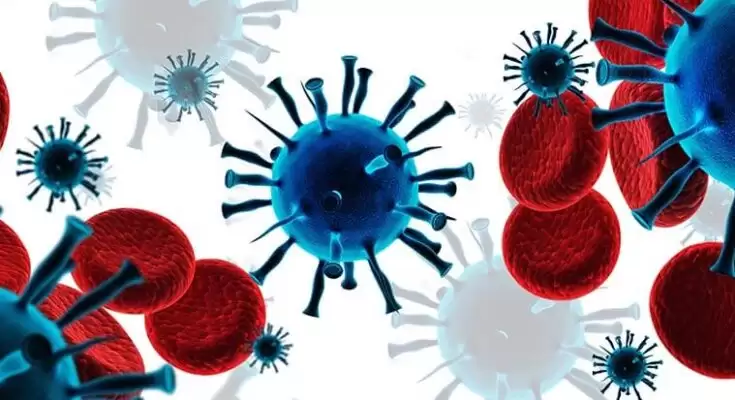Cancer has long been a formidable adversary in the realm of medicine, requiring innovative approaches to conquer its complexity. In recent years, a revolutionary advancement has emerged in the form of immunotherapy drugs, challenging the traditional landscape of anti-cancer medicine. This article delves into the world of immunotherapy and explores its effectiveness in cancer treatment.
Understanding Immunotherapy
The Immune System’s Role
Immunotherapy harnesses the body’s immune system to combat cancer. The immune system, equipped with a diverse set of tools, has the potential to recognize and destroy cancer cells.
Types of Immunotherapy
Immunotherapy encompasses various approaches, including checkpoint inhibitors, CAR-T cell therapy, and cancer vaccines, each tailored to stimulate the immune response against cancer.
The Effectiveness of Immunotherapy
Targeted Cancer Cells
Immunotherapy is designed to target cancer cells specifically while minimizing damage to healthy tissue. This targeted approach can lead to fewer side effects than traditional chemotherapy.
Long-Term Responses
Immunotherapy has shown promise in delivering durable responses, with some patients experiencing long-term remission. This is particularly noteworthy in cancers that were once considered difficult to treat.
Success Stories in Immunotherapy
Melanoma
Immunotherapy has transformed the treatment of melanoma, with checkpoint inhibitors like pembrolizumab and nivolumab offering remarkable responses in many patients.
Lung Cancer
Checkpoint inhibitors have demonstrated efficacy in non-small cell lung cancer, providing hope for patients who had limited treatment options.
Leukemia and Lymphoma
CAR-T cell therapy has revolutionized the treatment of certain blood cancers, offering the potential for long-lasting remissions.
Challenges and Limitations
Patient Selection
Selecting the right patients for immunotherapy is crucial. Not all individuals or cancer types respond equally to these treatments.
Side Effects
While often milder than those of traditional chemotherapy, immunotherapy can lead to immune-related side effects, including colitis, dermatitis, and pneumonitis.
The Future of Immunotherapy
Combination Therapies
Research is ongoing to discover the most effective combinations of immunotherapy drugs, and to identify biomarkers that can predict patient responses.
Expanding to New Cancers
Efforts are being made to extend the success of immunotherapy to a broader range of cancers, including ovarian, pancreatic, and prostate cancer.
Personalized Treatment
Advancements in precision medicine aim to tailor immunotherapy to the genetic makeup of each patient’s tumor.
Conclusion
Immunotherapy drugs have emerged as a game-changer in the realm of anti-cancer medicine, offering new hope to patients facing a diagnosis of cancer. While challenges and limitations persist, ongoing research and clinical trials promise to refine and expand the role of immunotherapy in the future. With each breakthrough, we move one step closer to a world where cancer is no longer an insurmountable foe but atreatable condition, thanks to the remarkable potential of immunotherapy.
Disclaimer:Please Note consult with a healthcare professional for the most accurate and up-to-date information on medical therapy, including medications and treatments. We are not responsible for its accuracy and any kind of losses you face after applying the above article information.
